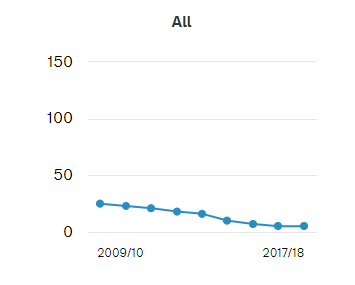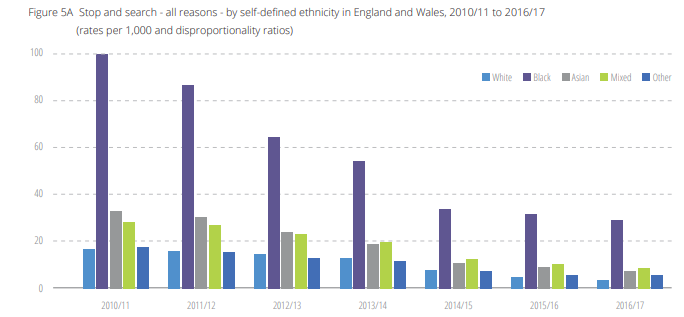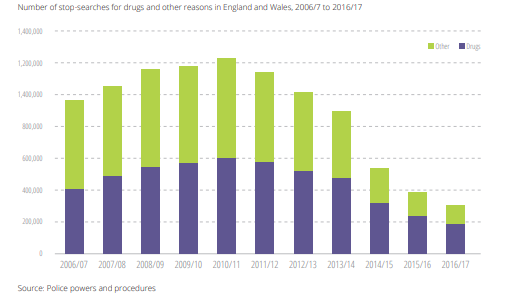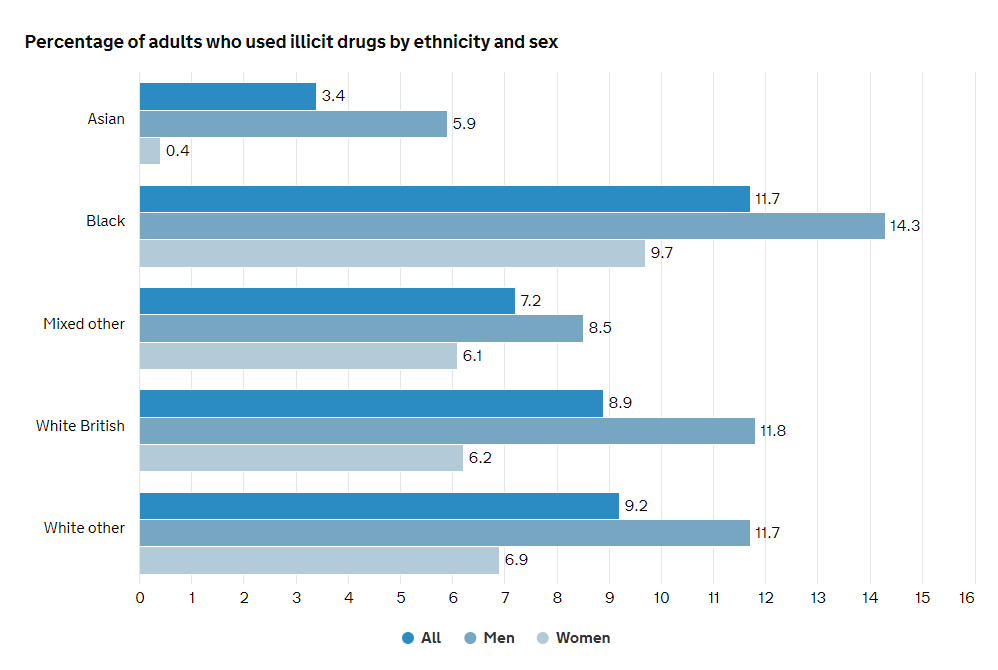Prominent expressions of racism are often condemned by people who claim they are not representative of the rest of the nation. Others argue that “yes they are” and that many more people are racist than we like to admit.
Both expressions are understandable. But, both mis-represent the complex reality of racism.
Racists claim to speak for the nation. They position themselves as defenders of the authentic population against the outsiders. So denying them status to speak for the country has an obvious appeal.
But the history of the nation is riddled with similar incidents conducted by crowds, individuals and governments.
Saying “This is not who we are” denies that history.
Different types of racism
It often feels like racism is divided into the wrong and the right kind. And that it is not a social phenomena but an all-encompassing identity.
In the 1980’s Oliver Letwin MP, then a policy wonk in the Thatcher government, wrote a paper claiming that inner-city regeneration was doomed to fail because of ethnic minorities predilection for disorder, discos and drugs. When it emerged in 2015, some people tried to defend Letwin by claiming it wasn’t representative of his views. That he didn’t “… have a racist bone in his body“.
What Letwin’s defenders meant was that he wouldn’t express those views now, his identity is not that of a racist. This is racism as a Dungeons and Dragons persona; while Letwin might be a Mage, a Rogue or a Barbarian he wasn’t a Racist.
But if one can claim that people of colour are inherently more criminal than their white peers and still not be racist then the word has been evacuated of all meaning.
The mistake here is to assume that Racist is something you are, when racism is something you do.
So people who otherwise would disavow some examples of racism are still capable of doing and saying racist things.
And societies likewise.
Across society there are actions and expressions that target specific racial groups and inflict harms to specific ethnicities. However some of these are condemned as racist and by the same people that are perpetrating others. Perpetrators who might even angrily and earnestly reject the label.
The wrong type
Open expressions of racism that might use racial slurs or openly call for violence against racial groups, tend to be condemned. Especially if violence is to be carried out by the public, who lack the monopoly on the legitimate use of force. Violence carried out by the state invites far less censure.
And the right
Meanwhile people who might be vocal and (potentially) sincere in their condemnation of the first will happily engage in the right type of racism. They might write, say or do things that target specific racial groups. They might use dog-whistle language to communicate their discrimination without stating it openly. They could craft laws that penalise specific ethnic groups, or leave them subject to violence. That violence might be direct, or it could be through neglect. Laws that relate to migrants and asylum seekers for instance tend to hide their violence under a façade of care but still prevent them from being rescued when they are in danger. They may even criminalise a whole way of life. But they normally don’t name those groups explicitly or call for violence openly.
The number of people who will engage in the former are relatively small. People who declare that these people are an unrepresentative minority are not wrong.
But they are only talking about half the picture. Because it is hard to think of a government that hasn’t engaged in the latter, and certainly not the current one.







